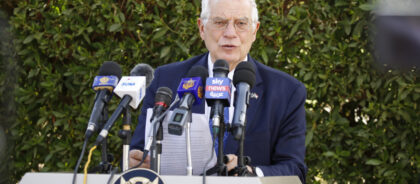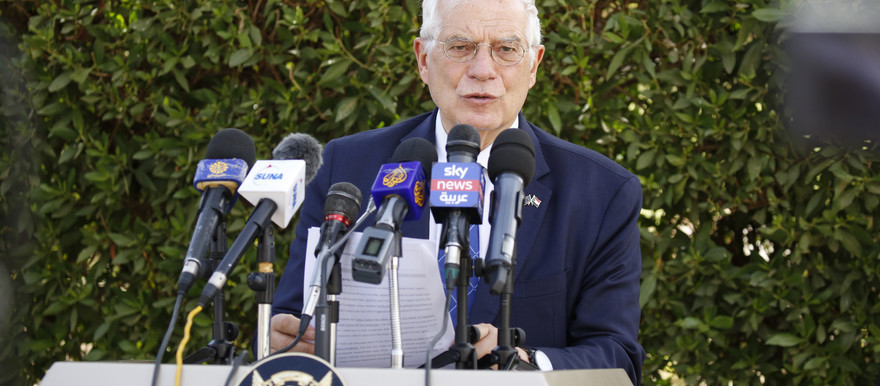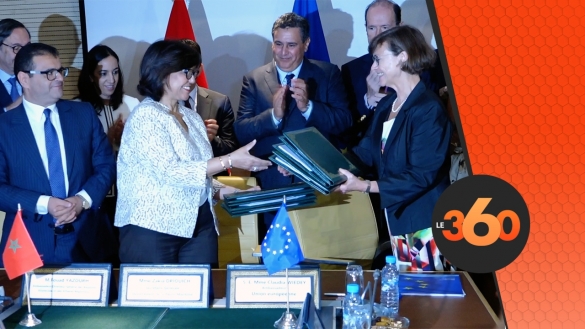 The European Union on Saturday announced it earmarked €100 million to support the civilian-led authorities in Sudan, bringing the total EU contribution to €217 million.
The European Union on Saturday announced it earmarked €100 million to support the civilian-led authorities in Sudan, bringing the total EU contribution to €217 million.
The announcement was made by visiting EU High Representative and Vice-President Josep Borrell after a meeting with Sudanese Prime Minister Abdallah Hamdok.
The assistance, to be delivered through the EU Emergency Trust Fund (EUTF), is meant to meet the most pressing needs of the democratic transition in the country, said Borrell, who arrived in Khartoum earlier Saturday on his first two-day official visit to Sudan.
“The European Union is fully committed to accompanying the ongoing political transition in Sudan through all the means at its disposal. Besides political support, financial assistance to Sudan remains crucial, given the severity of the economic crisis in the country,” he pointed out. “We hope that these additional €100 million will boost the efforts of the transitional Government to implement reforms”, Borrell added.
On his part, Hamdok expressed gratitude to the EU for its supportive stance to the post-revolution Sudan.
Recalling his visit to the EU HQ in Brussels in November, Hamdok expressed desire to strengthen the strategic cooperation with the EU, which is in the best interest of Sudan and East Africa at large.
“This new package of financial assistance will help the Sudanese Government to implement critical economic reforms required to create jobs and expand the provision of public services across the country, and to provide opportunity for the youth and women at the forefront of change in Sudan”, Jutta Urpilainen, Commissioner for International Partnerships, said earlier Saturday.
“Sudan now has an historic opportunity to transform into a democratic society. The European Union is fully committed to supporting the Sudanese people to succeed.”
Economic reforms, economic opportunities for youth and women, and the peace process and democratic Governance were identified by Sudanese authorities, the EU and international partners as being vital for the welfare of the population and the future of the country.
The Sudanese economy has contracted for a second year in a row, and the transitional Government recognizes a clear need for macro-economic and structural reforms to stabilize it. These reforms should carefully manage a move away from generalized subsidies to a comprehensive social protection system.
The EU said it will support the efforts to buffer the transition for the most vulnerable citizens. The EU will also support the transitional Government in enhancing accountability and improving the management of public finances, as well as the peace process and the protection and promotion of human rights in the country.
Sudan has embarked on a complex political transition following the agreement on a civilian-led transition of 17 August 2019 that followed the popular protests, which toppled President Omar al-Bashir. This represents a major step towards civilian-led rule with a historic opportunity to achieve peace, democracy and economic recovery.
The transitional civilian authority is preparing the country for free and fair elections in 2022 but faces enormous social, economic and political challenges.



